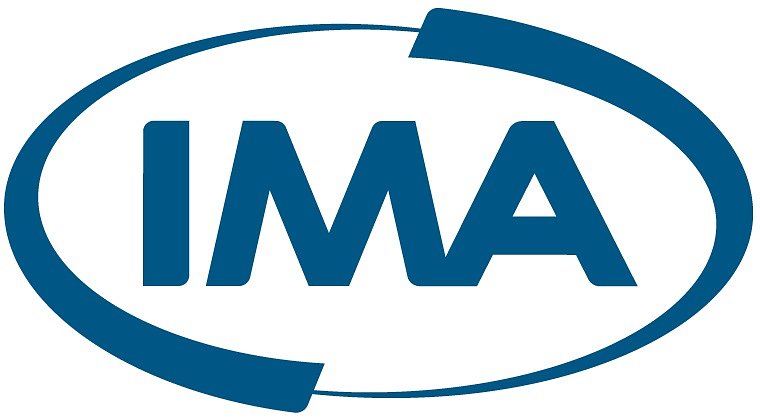
Rising Drug Costs Force Employers to Scrutinize Pharmacy Benefit Managers
Soaring prescription drug prices, especially for specialty medications, are putting immense pressure on employers. A growing number are turning to consultants to navigate the complex world of pharmacy benefit managers and regain control of healthcare spending.
Rising Drug Costs Force Employers to Scrutinize Pharmacy Benefit Managers
NEW YORK, NY – November 04, 2025
The Pharmacy Cost Crisis
Employers across the nation are facing a relentless surge in pharmacy benefit costs, fueled by expensive specialty medications and a lack of transparency within the pharmacy benefit management (PBM) industry. A recent report from IMA Financial Group indicates a significant 18% year-over-year increase in overall pharmacy spending per member, a trend confirmed by broader industry data. The escalating costs are forcing businesses to re-evaluate their healthcare strategies and seek ways to contain expenses without compromising employee access to essential medications.
“The pressure is immense,” stated one HR executive at a mid-sized manufacturing firm. “We’re seeing double-digit increases in pharmacy costs every year, and it’s becoming unsustainable. We need to find ways to bend the curve without simply shifting more costs onto our employees.”
This surge isn't limited to traditional prescription drugs. Specialty medications – those used to treat complex or chronic conditions – are now driving the majority of pharmacy spending, accounting for over half of total costs despite representing a small fraction of claims. Medications like those treating autoimmune disorders, cancer, and increasingly, weight loss and diabetes, are contributing significantly to the rising costs.
The PBM Puzzle and Lack of Transparency
The complex relationship between employers, PBMs, and drug manufacturers is a key factor contributing to the cost crisis. PBMs act as intermediaries, negotiating drug prices with manufacturers and managing pharmacy benefits for employers. However, a lack of transparency in PBM contracts and business practices is raising concerns about potential conflicts of interest and inflated prices.
“There’s a real lack of visibility into how PBMs are making money,” said a benefits consultant specializing in pharmacy management. “Spread pricing – where PBMs charge employers more for drugs than they reimburse pharmacies – is a major concern. We're also seeing issues with rebates, where manufacturers offer discounts to PBMs, but those savings aren’t always fully passed on to employers or employees.”
Legislative efforts are underway to address these concerns, with proposed regulations aimed at increasing PBM transparency, banning spread pricing, and ensuring that rebates are passed through to benefit plans. The recently proposed PBM Reform Act of 2025, for example, aims to overhaul PBM practices and create a more equitable system for employers and patients. The ongoing debate around PBM reform is highlighting the urgent need for greater accountability and transparency within the industry.
Navigating the Solution: The Rise of Pharmacy Benefit Consultants
Facing a complex and opaque system, employers are increasingly turning to independent pharmacy benefit consultants for help. These consultants specialize in analyzing PBM contracts, negotiating better pricing, and implementing strategies to optimize pharmacy benefits. Firms like IMA Financial Group are positioning themselves as solution providers, offering services like PBM contract oversight, member support, and data analytics to help employers control costs.
“Employers are realizing they need expert help to navigate this complex landscape,” explained a spokesperson from IMA. “We help them understand their data, identify areas for improvement, and negotiate better contracts with PBMs. Our goal is to deliver measurable savings without compromising employee access to essential medications.”
While verifying specific client outcomes is often challenging due to confidentiality agreements, the demand for independent pharmacy benefit consulting is clearly growing. Employers are seeking partners who can provide objective analysis, data-driven insights, and proven strategies to control pharmacy spending. The ability to demonstrate measurable cost savings and improve transparency is becoming a key differentiator in this competitive market. The recent surge in the price of new specialty drugs, particularly GLP-1 receptor agonists initially developed for diabetes and now used for weight loss, is significantly exacerbating the existing challenges and creating even greater demand for these consulting services.
